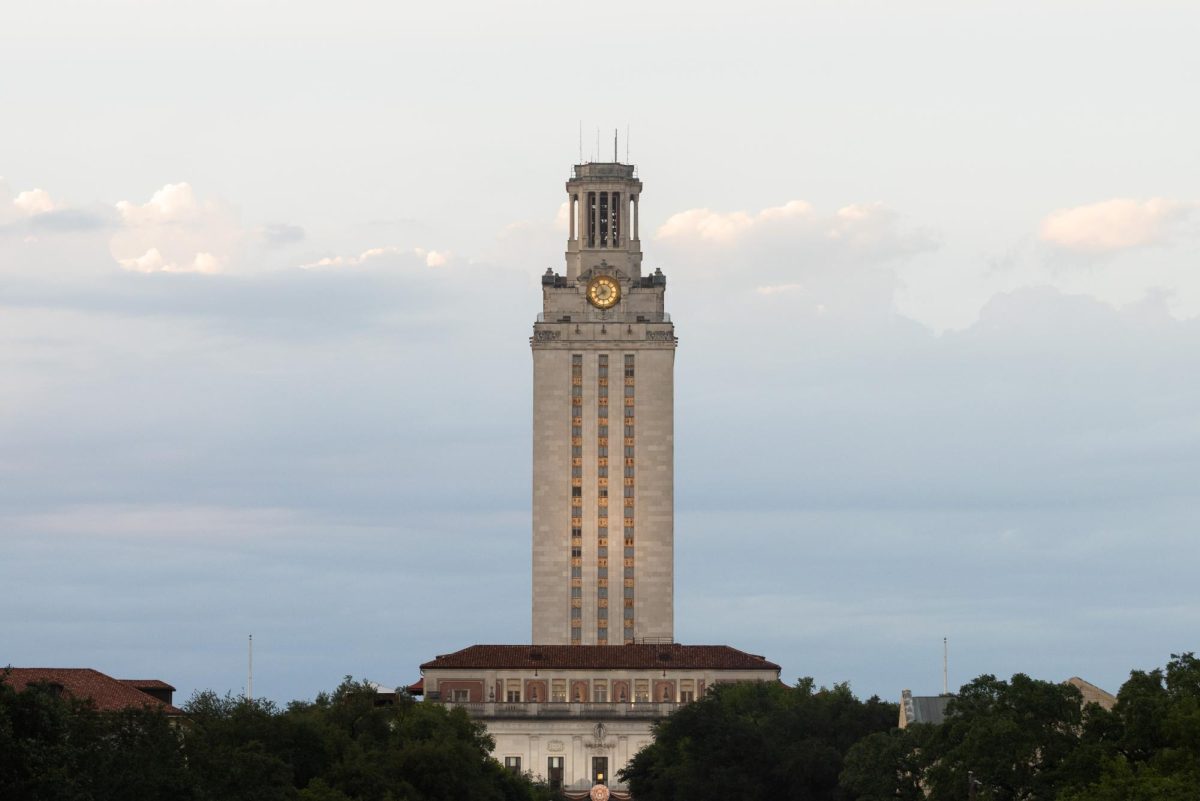When advertising sophomore Jacob Sepulveda signed his fourth and last lease with University House for the 2017–18 term, he thought UH had learned from their mistakes.
For Sepulveda, who had spent the previous nine months fighting with UH for the apartment he originally signed for, the thought UH might overbook a second year in a row seemed outlandish.
UH, which opened two years ago, garnered widespread attention over the past month for sending a number of their future-renters “mutual termination” emails severing their lease contracts, because a “one-time” software error had caused the complex to overbook by 5 percent.
However, The Daily Texan confirmed Sepulveda and at least four students all experienced issues resulting from UH overbooking during the 2016–17 term. All five students now live at UH after being offered different, and more expensive, apartments in the complex.
“To (overbook) again, it’s like a slap in the face,” Sepulveda said, of learning that UH had overbooked a second year in a row. “It’s so frustrating … They should’ve learned from their mistake.”
The Texan previously reported UH terminated the leases of at least six students this school year.
The Scion Group, UH’s parent company, did not say if last year’s overbooking complications resulted from the same software error as this year’s or a different issue.
“We are in direct contact with all affected residents to make sure to address their needs individually,” said Keith Thompson, regional vice president of operations for The Scion Group, in an email.
In Sepulveda’s case, he did not receive a “mutual termination” email. Instead, he got a call from UH informing him they had sold out of his apartment floorplan, a studio, and he would need to sign a new lease for a one-bedroom apartment with higher rent.
After Sepulveda signed the second lease, UH contacted him twice more because cheaper, one-bedroom floorplans opened up. Sepulveda said he thought he was finally done each time he signed another lease, only to have an issue pop up.
Sepulveda’s mother, who is a realtor, was involved as he waded through the leasing process four separate times. But even with her help, Sepulveda said the experience was still confusing.
“We were both very upset,” Sepulveda said. “We had to go through a lot of stress. It was very unnecessary.”
Like Plan II freshman Rylan Maksoud, whose online review of UH sparked the controversy now surrounding the complex, Sepulveda had barely gotten used to his classes more than a year ago when he signed a lease with UH. Sepulveda said he felt like UH was taking advantage of unsuspecting college students, many of whom are first-time apartment hunters.
“To a freshman, (apartment complexes) make it seem like, ‘Oh shoot, I need to sign a lease (soon), or I won’t have anywhere to live,’” Sepulveda said.
Michael Zetune, management information systems sophomore, also found out months after he signed a lease in 2016 with UH that they had sold out of the apartment type he had planned to live in with three friends.
Zetune, finance sophomore Anoop Kumar and two friends had planned to live in a 4-by-4 apartment together. But they were eventually contacted near the end of 2016 and told there were no 4-by-4’s left. Zetune switched to a 3-by-3 and found a third roommate while Kumar and his friend transferred to a 2-by-2. Both apartments were hundreds of dollars more expensive for the year than the original floorplan.
Zetune said the entire situation felt incredibly deceptive.
“A one-time mistake the first year could be excused,” Zetune said. “But twice, it just doesn’t make sense.”





















